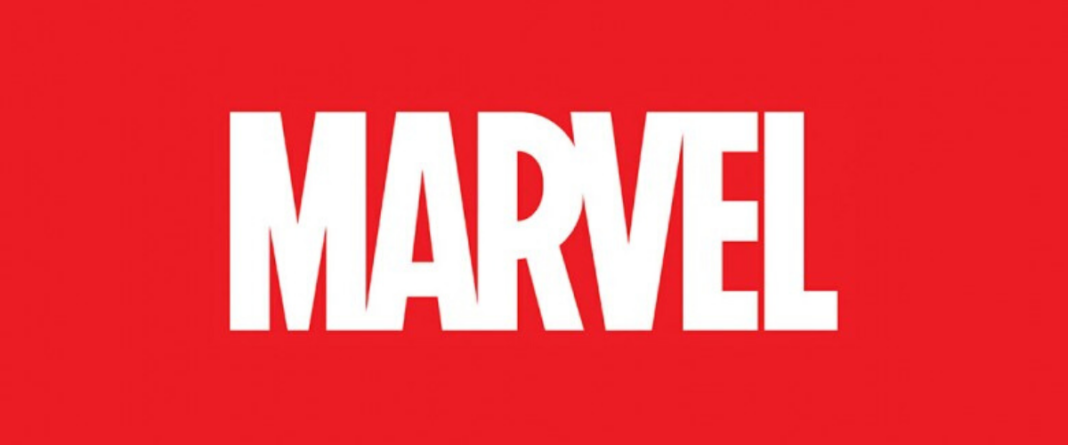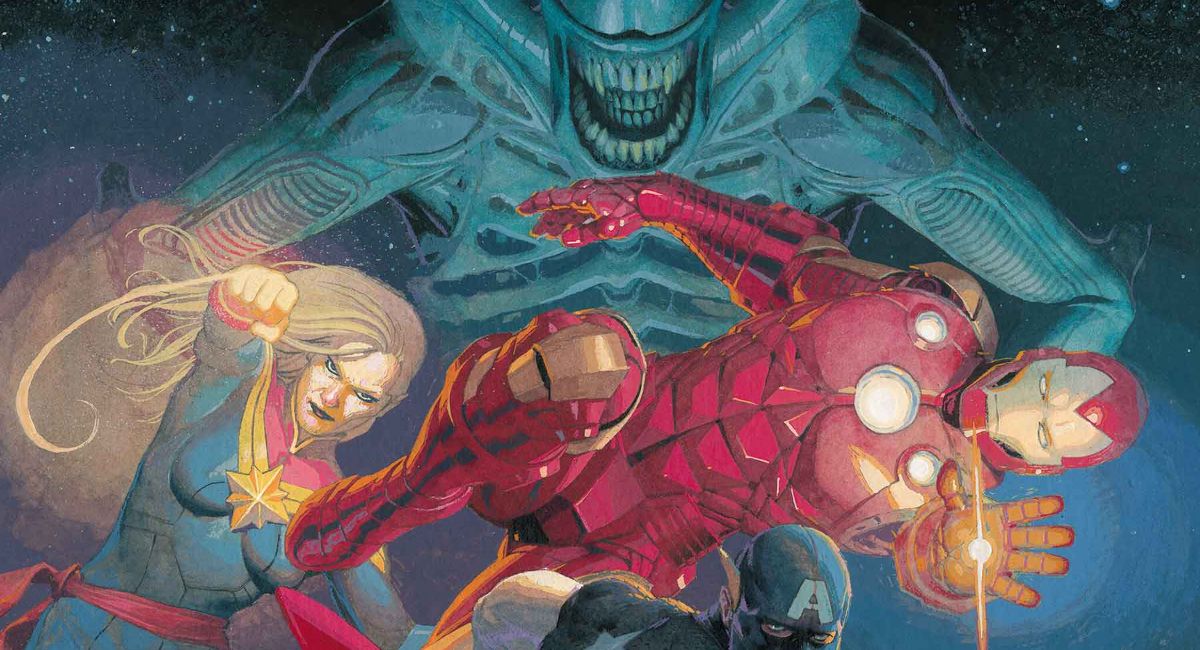The House of Ideas kicked off C2E2 with a meeting of the minds in “Marvel Fanfare with C.B. Cebulski.” As you might guess from the title, Editor-in-Chief C.B. Cebulski presented, and he brought along with him the X-Men architect Jonathan Hickman and Empyre/ Immortal Hulk writer Al Ewing. The panel gave just a taste of both corners of the Marvel-verse, as each had dedicated panels at C2E2.
Cebulski welcomed an extremely excited crowd full of Hulk and X-fans before explaining the open forum structure of the panel. After intros, the EiC talked about his comic origin story. For him, it all started in a barber shop where they just happened to stock Claremont and Byrne’s X-Men run. Following that he recalled getting his haircut more and more frequently.
Hickman’s comic shop was a nearby 7-11 and a drug store, which he rode his bike to. Aside from the cape and cowl books, Hickman also loved Elfquest, the fantasy series created by Wendy & Richard Pini.
Ewing said he did what all British comics fans did: read lots and lots of 2000ad and boys’ adventure comics filled with head beatings. While some of his friends stopped staying up to date on their weekly comics, he never did. They’d come in the mail regularly, and now, like so many of us, they’re taking up all the space in his home.
Cebulski said that stateside, there were two camps of readers split between the Big Two, so you’d have to trade comics to see what the other side was up to, which he did regularly. Others had less stellar trading experiences. Hickman remembered lending a comic to a friend, who later claimed he never had it to begin with. Expletives ensued. Ironically, Ewing once realized he has a copy of Watchmen on his shelf he permanently borrowed.
Cutting the playful tension, Cebulski asked what everyone’s first Marvel comic was. Secret Wars #1 was Ewing’s and he remembered seeing the unimaginable size of every building and especially how every hero stood in a perfect line, announcing their names one by one. Ewing said he can’t help but notice that Hickman failed to do so in his own Secret Wars rendition.
Appropriately, Hickamn’s first comic was Claremont and Byrne’s X-Men, likely around #109, bought with money he made selling seashells (by the seashore). He read every issue, all the way up to Jim Lee’s departure. Leading to that point, he wondered why Lee’s art got looser and looser, only realizing later on that he was busy building an entirely new publisher.
Funnily enough, both Hickman and Ewing said they started off wanting to draw comics, not even considering until much later that writing was a possibility. For Ewing, there came a point when he felt he didn’t have the discipline to develop his skills. Instead, he started writing backup scripts in 2000ad, eventually moving onto the front page. Among the rejected scripts is one featuring the editorial team snorting cocaine through a comic. Although it never saw the light of day, it did get the publisher’s attention.
Hickman’s first gig was the direct result of Comic Book Idol, a now defunct contest sponsored by CBR in which he came in second place thanks to his style. He met lots of writers as a result, but he wasn’t happy with the scripts he was drawing. It was only then that he decided it was time to write and draw his own comics. He sent a few scripts to Image, where editors told him it was time to give up on the art and stick to the writing side. In spite of that, Hickman does hope to draw his own stuff again someday.
Speaking of creator-owned content, Ewing plugged his upcoming BOOM! Comic with artist Simone di Meo, We Only Find Them When They’re Dead. He didn’t give too much away, but said he’s exploring the cosmic, which leads into the religious.
Hickman, on the other hand, is working on Decorum with artist Mike Huddleston. It’s an 8-issue sci-fi title about the classiest assassin in the galaxy, arriving on March 11.
That out of the way, Cebulski swung things back to Marvel, asking how the creators approach world-building for stories they’re rebuilding from the ground up.
With Immortal Hulk on the brain, Ewing started off. He said when he’s handed a new title, he always asks himself what the reaction to a given situation is. The first natural reaction to the Hulk takeover was – what if Banner never dies? Considering the acclaim, he joked he should take over every book with a dead protagonist. Looking back, Ewing estimated he’s broken just about every promise in his original pitch, but that’s all part of his process. He always hopes to have vague plans, but stay loose and open.
Hickman has a different perspective here, considering the financial aspects of relaunching the X-Line. He not only had to do his favorite characters justice, but also rake in enough cash to justify the feat and fix the canon’s systemic issues. Although they’re background issues to the narrative, he said they do make big waves in the future.
Both writers agreed, though, that knowing the ending and the beginning is the absolute most important aspect of the writing process. Hickman tends to be more of a world forger himself, picking out a specific finale and spending lots of time finding the way there. He joked that current X-Readers have yet to realize that’s his shtick.
Ewing then discussed how Immortal Hulk became a horror book, explaining to audiences that it’s actually always been an element of the character. In the first issues, he threatens that humanity is never safe from him. He causes fear through his anger, so it only makes sense to explore that element further.
With that, Cebulski, Hickman and Ewing thanked attendees for their time and “Marvel Fanfare with C.B. Cebulski” wrapped.








